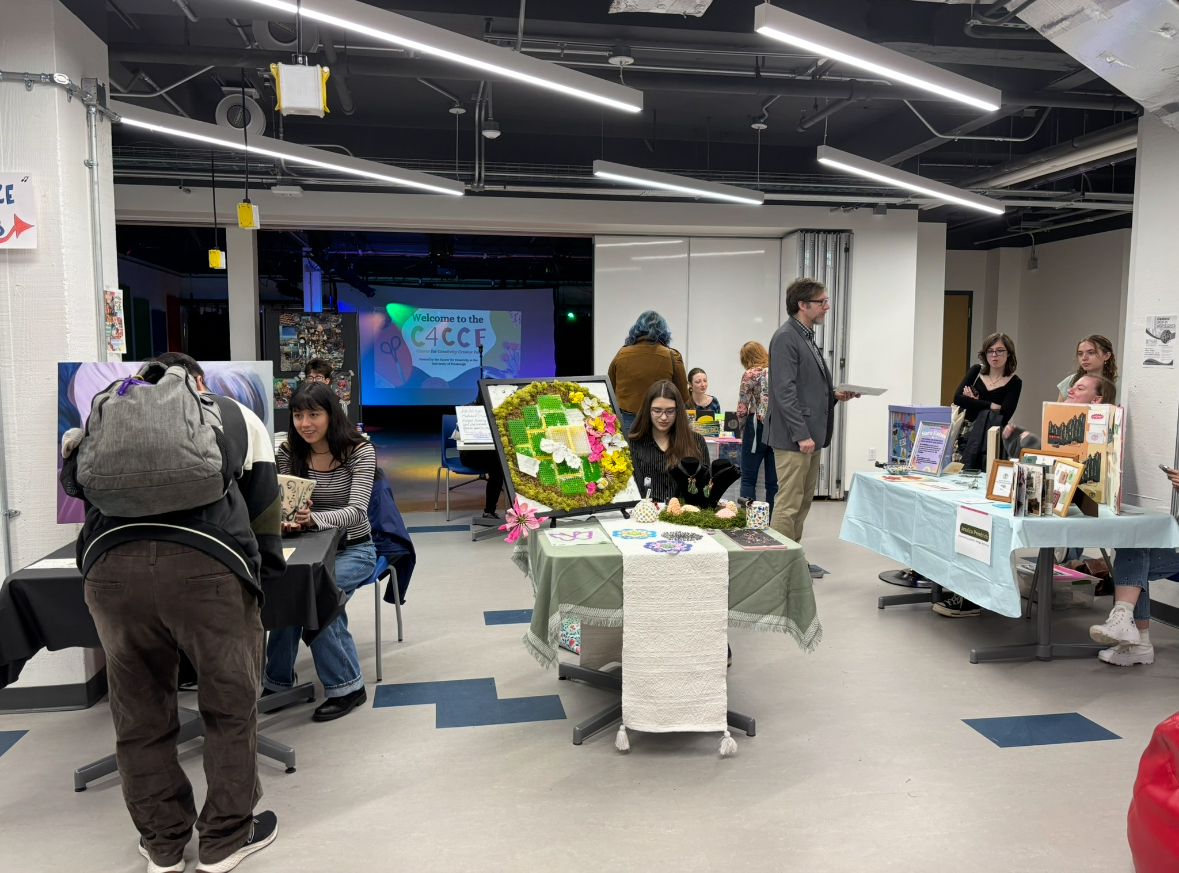SGB tackles profiling
November 1, 2002
The 2000-2001 Student Government Board passed a resolution to work to end racial profiling… The 2000-2001 Student Government Board passed a resolution to work to end racial profiling on campus. Student leaders and administrators made an agreement to address the problem, but the administration has failed to fulfill their part of the agreement, according to former SGB member Jay Dworin.
At the SGB meeting Wednesday, Dworin asked the present Board to demand that the administration pull its weight this time.
After the resolution on racial profiling was passed, a committee of administrators and students formed and made agreements that included the creation of a system to collect police data concerning racial information. According to Dworin, who was also a former committee member, this information was to be made public.
“It has to happen,” Dworin said.
But in an interview Thursday, Vice Chancellor for Public Affairs Robert Hill said, “There is no racial profiling on the University of Pittsburgh’s campus.”
Dworin said for the administration to make agreements, they must have acknowledged at some point that there was a problem with racial profiling.
“The bottom line is that they backed out,” he said. “SGB should demand that administration follow through with what they said.”
According to SGB President Kevin Washo, an initiative on racial profiling is hard to start because the administration does not recognize that there is a problem.
Resolutions are statements that the Board passes to state that a given issue needs to be addressed, SGB member Liz Culliton said. According to Robert’s Rules of Order, a resolution expires at the end of the school year. Culliton added that Board members are not made aware of prior resolutions unless they go and look for them.
After the school year ended, the racial profiling resolution “fizzled out,” Culliton said. She added that this year’s Board had not addressed the issue before Dworin made the Board aware of it last week.
“If it’s a concern for students we’re going to work hard for it,” Washo said.
Black Action Society Vice President Cynthia Gordy said, “We believe it is in your best interest to look back. If the administration did not take past Board’s agreements seriously, why should you believe they’ll take yours?”
SGB member Pat Creighton pledged his full support to the effort, but said, “What can I do as a student? I don’t know.”
“If I knew how to go about it then it would be done,” SGB member Andy Hutelmyer said.
“Come to a party and experience it. Feel it. Feel the police presence. Feel the animosity,” Dworin said.
“There’s a lot of gray area,” SGB member Jason Somma said of the resolution. “I don’t think the Pitt police actively supports racial profiling.”
However, Somma added that individual officers may “subconsciously” profile students.
A report may show a large number of minorities having contact with the police, but each case should be looked at separately, Somma said.
Police Chief Tim Delaney cannot control the minds of his officers, Creighton said.
According to Hill, there have been three reported allegations of racial profiling by Pitt police, but internal investigations found two of them to be without merit. The third case is still under review, he said.
Delaney did not return a phone call to comment.
Hutelmyer said profiling on campus is not just a racial issue. Creighton also talked about racial profiling as an issue that goes beyond race.


